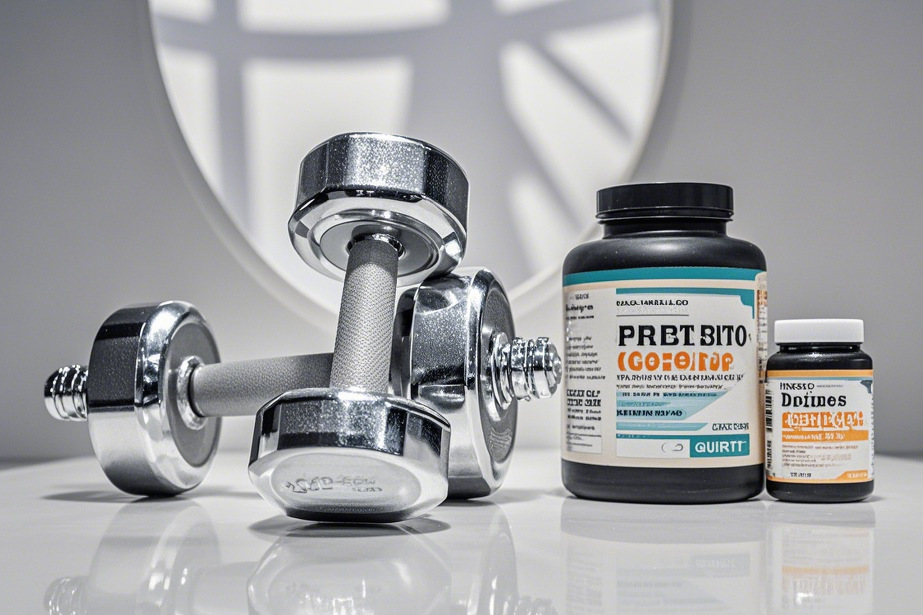
How Can Sodium Erythorbate Supply Be Sustainable?
High industrial pollution
Creatine Monohydrate is one of the most researched and widely used dietary supplements in the sports and fitness industry. It is known for its effectiveness in enhancing athletic performance, muscle growth, and overall physical strength.

1.Enhanced Athletic Performance
Creatine Monohydrate is renowned for its ability to increase energy production in the form of adenosine triphosphate (ATP), which is crucial during high-intensity activities such as weightlifting, sprinting, and other forms of explosive exercise. This results in improved strength, power, and endurance, making it a popular choice among athletes and fitness enthusiasts.
2.Muscle Growth
Creatine supplementation supports muscle hypertrophy by promoting water retention within muscle cells, leading to increased muscle volume. Additionally, it aids in muscle protein synthesis, contributing to faster recovery and more significant muscle gains over time.
3.Cognitive Benefits
Recent studies suggest that Creatine Monohydrate may have cognitive benefits, including improved memory and mental clarity. These effects are particularly notable in older adults and individuals experiencing sleep deprivation.
4.Support for Medical Conditions
Beyond athletic performance, Creatine Monohydrate has shown promise in clinical settings. It has been studied for its potential benefits in conditions such as muscular dystrophy, Parkinson’s disease, and heart failure, offering a broader scope of use beyond sports nutrition.
1.Gastrointestinal Issues
Some users may experience mild gastrointestinal discomfort, including bloating, cramping, and diarrhea, especially when starting supplementation or taking higher doses. Gradually increasing the dose can help mitigate these effects.
2.Water Retention and Weight Gain
The increase in water retention within muscle cells can lead to temporary weight gain, which might be a concern for those aiming to maintain or reduce body weight. However, this is generally considered a minor and expected effect.
3.Renal Concerns
There have been concerns about potential renal stress with prolonged use of Creatine Monohydrate, particularly in individuals with pre-existing kidney conditions. However, studies have largely shown that creatine supplementation is safe for healthy individuals when taken within recommended doses.
1.Clinical Research
Creatine Monohydrate is one of the most extensively studied supplements, with numerous clinical trials affirming its safety and efficacy. Long-term use, even up to five years, has not been linked to serious adverse effects in healthy individuals.
2.Regulatory Approvals
Creatine Monohydrate is approved for use by major regulatory bodies, including the FDA and EFSA, which endorse its safety when used as directed. It is considered a safe and effective supplement for enhancing physical performance.
3.Best Practices for Use
To maximize safety, it is recommended that users adhere to dosage guidelines, typically around 3-5 grams per day after an initial loading phase. Staying well-hydrated is also crucial, as creatine increases water retention in the body.

High industrial pollution

Unreliable suppliers send

Buying Sodium Erythorbate

Improper storage ruins So
Creatine Monohydrate offers substantial benefits for athletes, fitness enthusiasts, and even individuals with certain medical conditions. Its safety profile is well-established, with only minor side effects that are generally manageable. As a widely used supplement with a strong safety record, creatine monohydrate remains a valuable product in the health and fitness industry.
WhatsApp us
We will contact you within 1 working days